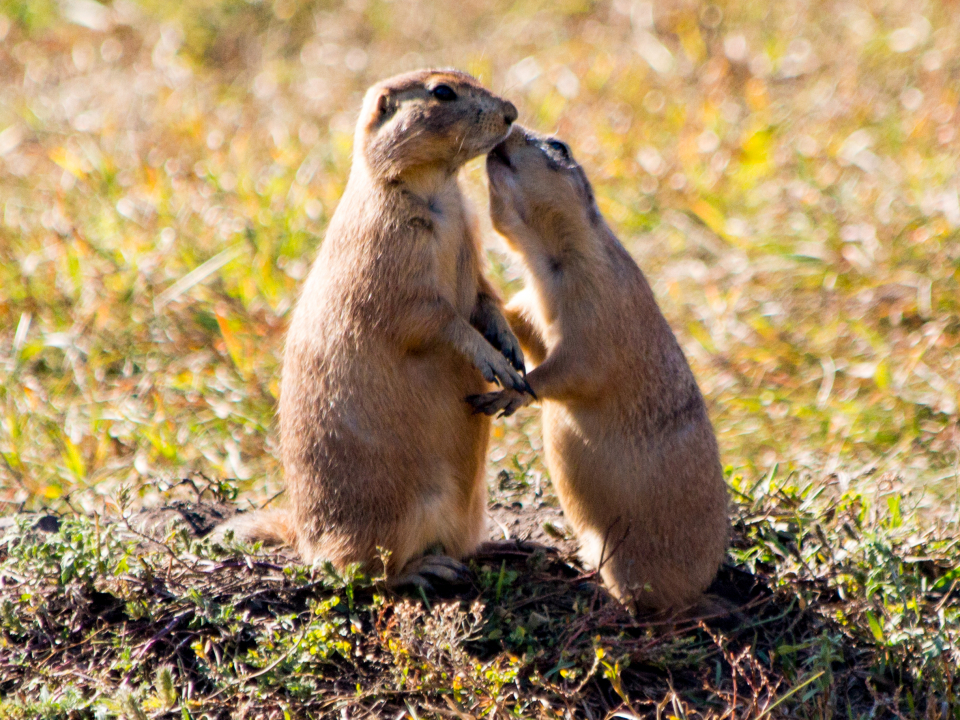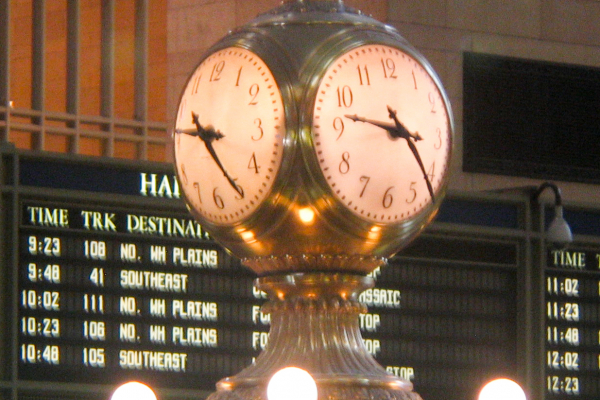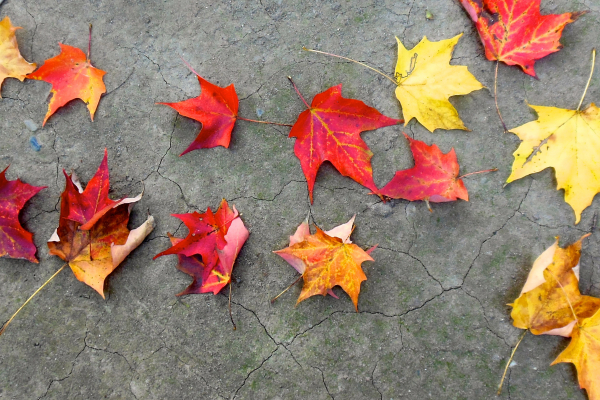50 Dead - Resilience Reflection #3 - Social Cohesion

We know that relationships are both protective and growth-promoting. The concept of social support has been discussed in the literature for many years, and we are beginning to understand just how important social support is in ensuring resilience and encouraging thriving.
The challenge with social cohesion (a by-product of social support) is that this is only effectively achieved through action and choice.
Leadership is most often experienced or observed, although we are all encouraged to be leaders at various stages of life. Emotions are generated by complex interactions of history, genetics and cognitive processes. While it is certainly possible, and desirable, to ‘train’ our emotions we most often experience these as ‘things that happen to us’.
Social cohesion, however, is something we have direct responsibility for, and can, in many cases, directly influence.
Social Cohesion comes through intentional action
The events in Christchurch lead many commentators to make observations about the apparent strength of social cohesion and evidence of social support in New Zealand culture.
Some drew conclusions from what they observed and experienced as indicators of a cohesive society and made predictions of the extent to resilience and subsequent thriving that will result.
These conclusions should be treated with caution. Because a sign is not a proof. One action does not demonstrate universal agreement.
Let me firstly examine a few of the behaviours that commentators viewed as signs of social cohesion.
Strangers brought flowers. Outside every mosque in the country flowers were delivered in their thousands. People came with tears, with compassion and determination not to be cowed by the terrible events. Flowers became both a memorial for the lost and a statement of care to the grieving.
Policewomen wore hijabs. The image of a young, heavily armed police woman outside a mosque wearing a hijab will linger long in my mind. She made that choice herself and her superiors supported her decision. A connection between a young white woman and the muslim community was indicated.
Muslim and non-muslim embraced. People who had never knowingly met a muslim person embraced them with respect and care. A message that there can be real connections between different groups in New Zealand.
Maori haka and karakia. Huge respect is shown through a haka, and when a haka is performed for those who are grieving significant mana is given. These, and other actions, indicated that the relationships between Maori, Pakeha and Muslim can be productive and strong.
Two minutes of silence. A week after the killings the nation was asked to hold still for 2 minutes out of respect. Shopping malls stilled and became quiet. Streets and pavements became calm. One of the most outstanding events in my mind was the full halting of all border activity at Auckland Airport, where all uniformed immigration and customs officers formed a line and stood. For a full 2 minutes the normal chaos of a port of entry and departure became still. The borders were closed as a mark of respect.
Gun laws. The proposals to radically change gun laws were supported by all members of all parties, apart from one solitary soul. In a multi-party parliamentary system this required members of not just 2, but all parties.
There are, of course, many more.
A question to ask here; Are these signs of existing social cohesion or signs of developing social cohesion?
I think they are possible indicators of the first, but are not predictors of the second.
I think they are more likely to be indicators of hope and desire for social cohesion, rather than either proof or prediction of such.
The evidence suggests the existence of social agreements or permission to share publicly in others grief and trauma. The evidence suggests there are socially acceptable mechanisms to engage with grief and trauma. Flowers, clothing, memorial services are all acceptable cultural behaviours that demonstrate something about relationships.
Engaging in these behaviours is supportive to both those that grieve, but also to those who wish to provide support. By engaging in these socially acceptable ways we can experience sympathy and empathy, while inflating political and social decisions to mitigate repetition in future.
But is this social cohesion? Is this social support?
It is an opportunity for both, but until the opportunity is acted upon it is neither.
Attending a memorial service with 30,000 others is not a lot different to attending a sports game with 30,000 fans. Most people in that stadium will not meet outside the venue. And while the experience of being in a large crowd assembled for the same reason is no doubt uplifting and awe-inspiring in itself it is not going to build social support.
These events may assist widespread social cohesion on one level, but by themselves they do not create stronger relationships between the individuals that attend the event.
Not unless individuals take deliberate, intentional action to do so.
Social support is built through intentional actions. Social cohesion is the result of intention, not accident.
A mistake we can all make is to assume that our own social support is strong. We can be mistaken because we count the number of contacts we have in social media, the number of emails we receive or even the number of followers we have on twitter.
Social Media is not Social Support
But these are not measures of social support or social cohesion. They are artefacts of data storage, diary entries and junk mail.
The flowers, clothing, prayers, waita, congregations and shared views online are invitations to developing social support but they are not the guts of social support.
Do you want to enhance social cohesion? Do you want to deepen your social support networks?
Go to a mosque and talk with the Imam. Join a multi-faith group and talk about the issues and challenges facing you all. Become a member of a neighbourhood watch group and be active in meeting those who live close by.
Decide to learn Maori and sign up for a Te Reo group. In doing so you will spend hours and days and weeks in relationship with tangata whenua.
If it is sports then join a sports club not just to watch but play. There are thousands of options. There is no need to go to the Olympics but nothing beats a round of community tennis, cards or VR gaming in a group setting.
Maybe it is your own family. How often do you sit down and have a general conversation about anything at all? Would you like to? Try it out.
The point is that following a major disruptive and devastating incident like these killings social relationships are shaken, and opportunities arise for new connections, new relationships, new interests and new skills.
The behaviours immediately around the incident are indicative of opportunity, of the existence of social networks that can be tapped and strengthened.
But don’t mistake the emotions of taking part in wide social grief and shared respect, for the development of your own social support networks, or a wider social cohesion.
Unless and until you act on the opportunities that have now become evident.
Research indicates that resilience is strongly connected to social support. Perhaps the most significant single factor in enhancing and ensuring thriving.
Building your social support networks will always result in good things.
And there is no time like today to take action.
Read next
A Brief Collapse of Time
We are in lockdown. What day is it? One of the most common comments on social media is the old joke about yesterday, today, tomorrow, everyday.
Read more50 Dead - Resilience Reflection #1 - Anger
I am a professional humanitarian worker. I am expert in resilience and coping. I have years of experience in extremely complex and distressing humanitarian contexts.
Read more

